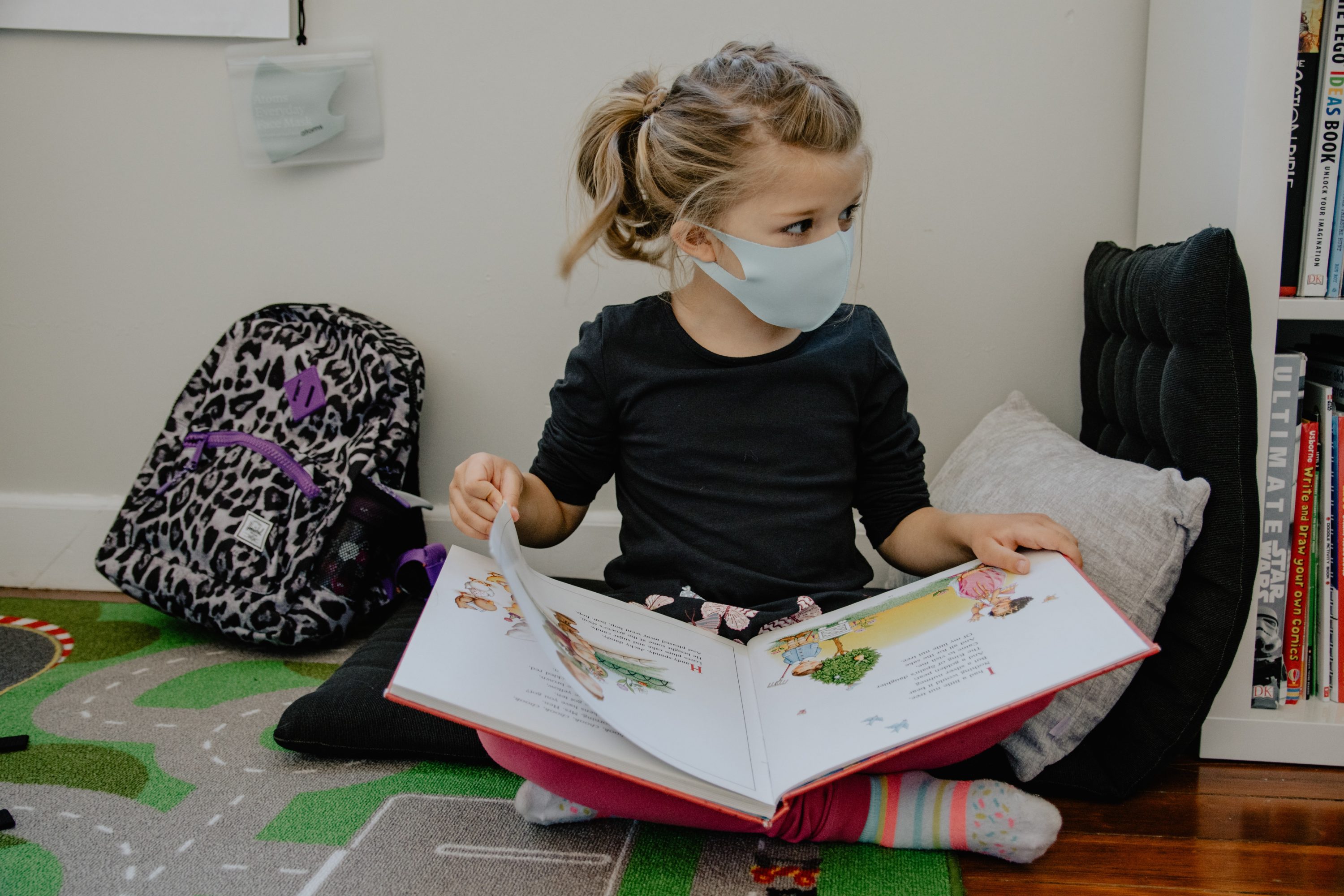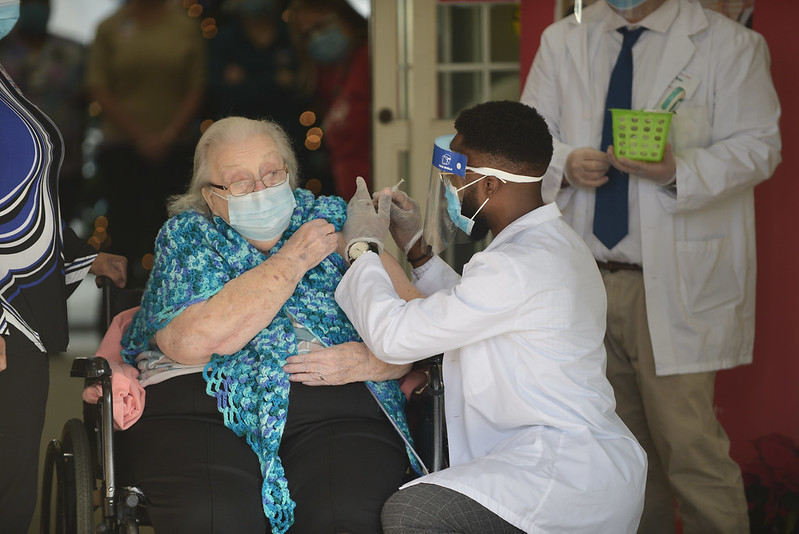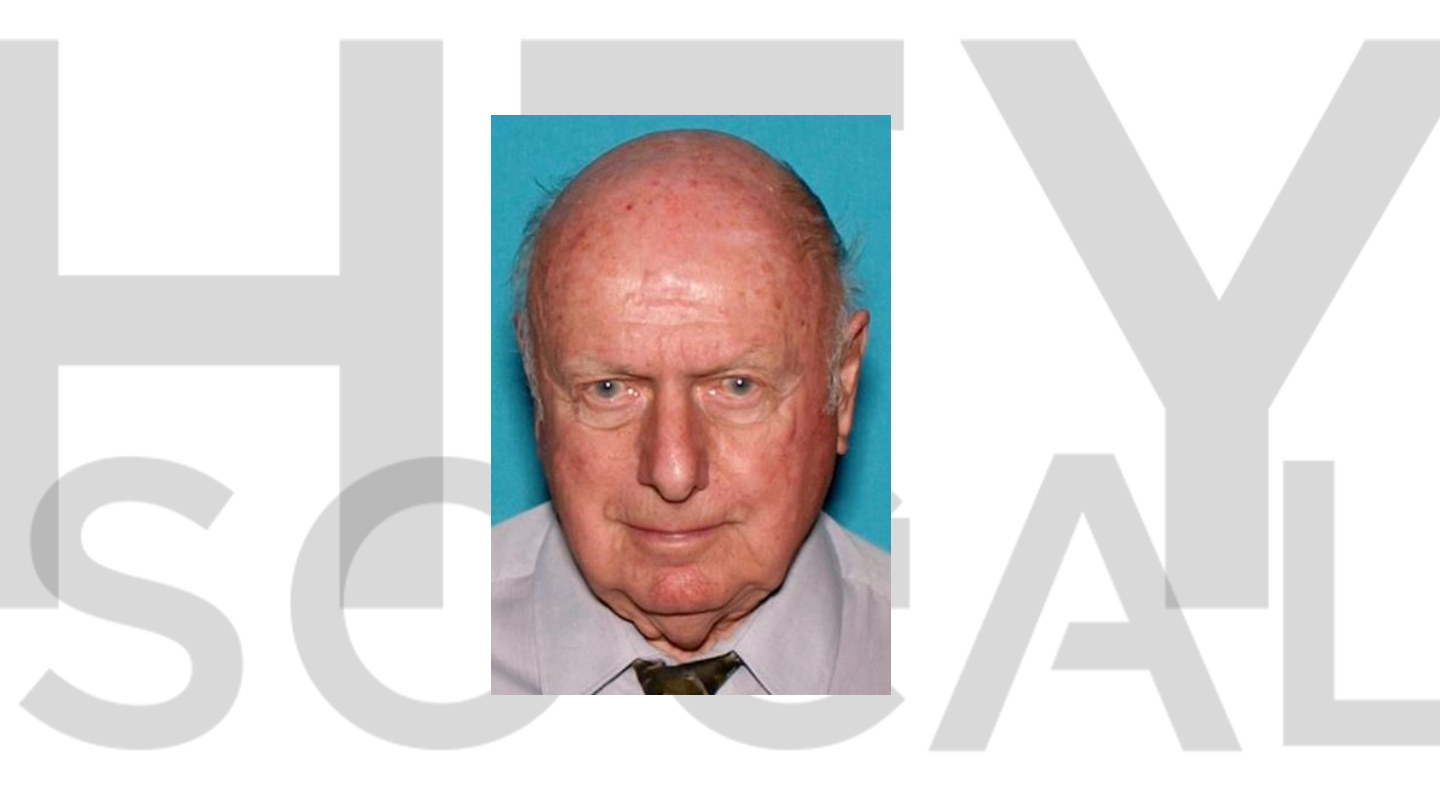By Fred Shuster
Los Angeles County District Attorney George Gascón Wednesday touted his office’s new youth justice diversion program as a “restorative” alternative to traditional, more punitive, means of handling youth offenders.
“This is work that’s been proven to not only reduce recidivism but create more safety for the community,” Gascón said of programs such as his, which aim to ensure that eligible juvenile offenders avoid criminal records that follow them for life.
In a Zoom news conference, the reform-minded DA added that “restorative” justice programs dealing with underlying issues, such as mental health or substance use, have proved to “outperform the traditional youth criminal system.”
They’re also designed to address racial disparity within the system, he said.
In addition, Gascón said, diverting young people — whose brains are still developing — away from jails and prisons increases their likelihood for rehabilitation instead of recidivism.
“My approach views incarceration as a last resort, not a first impulse, and it must always be for the shortest duration necessary,” Gascón said.
Added Alisa Blair, Gascón’s special adviser for Juvenile, Diversion and Collaborative Courts, “Not only do hurt people hurt people, but healed people heal people.”
Youth offenders need to meet certain criteria to get into the program — and those charged with crimes such as murder, sexual assault, use of a firearm or causing serious injury are automatically excluded.
As described by Gascón and Blair, the diversion process typically begins when community-based service providers assess potential participants, connect them to services to deal with immediate needs and prepare the offender for meetings with their victims — if the victim or their family is willing.
The offender must meet the agreed-upon terms of his or her individual “contract,” ideally fashioned with input from crime victims and survivors.
In a mission statement issued last year while he was running for DA, Gascón said that Los Angeles’ traditional approach to prosecuting youth has been “mired in a ‘punish first’ mindset, anchored in the failed prosecution policies of the 1990s.”
“This antiquated approach has only served to make our communities less safe while simultaneously increasing racial disparities in the juvenile justice system,” Gascón said.
He added that the use of juvenile halls, boot camps and prisons “has never been shown to increase public safety, but is correlated with higher rates of recidivism and trauma.”
Gascón’s approach is similar to Make it Right, a restorative justice initiative for youths age 13-17 facing prosecution for an array of felony charges in San Francisco. Gascón implemented the program when he was that city’s top prosecutor.







